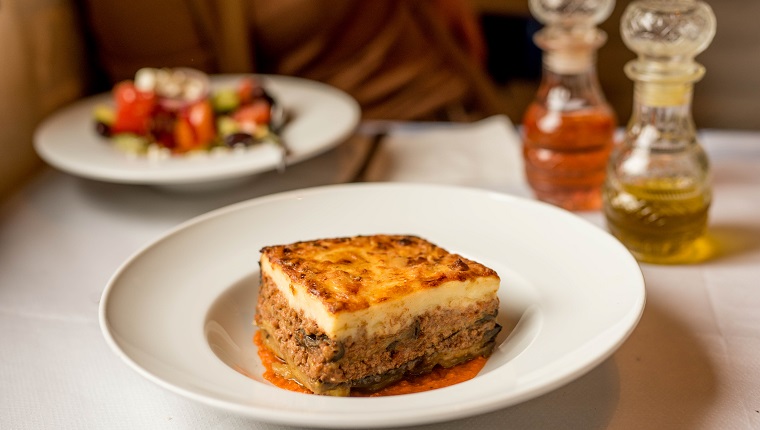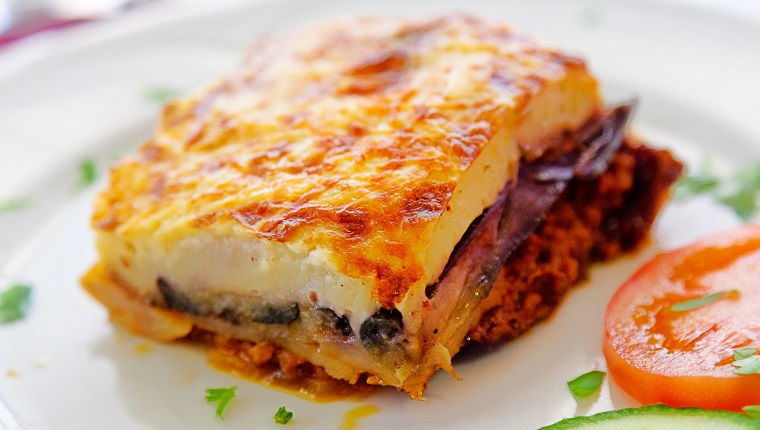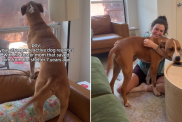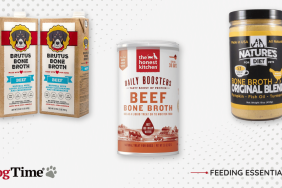Can dogs eat moussaka? Maybe you’ve thought about sharing a bite with your pooch this while scarfing down a hearty plate of the classic Greek dish moussaka. If humans can eat moussaka, can dogs safely eat it too?
The short answer is no, dogs can’t eat moussaka safely. On the one hand, the key ingredients in moussaka are eggplant and ground meat, both of which are usually safe for your dog to eat.
But the extra spices, plus the addition of onions and garlic, make moussaka a dish that’s best kept away from your pooch’s paws. Additionally, it’s also usually high in both sodium and fat.
If your dog manages to eat a lot of moussaka, call your veterinarian for advice. Here’s what you need to know about moussaka and dogs.
Why Is Moussaka Bad For Dogs?
There are a number of reasons why moussaka is not a suitable food to serve to your dog. The addition of onions and garlic in most recipes mean that the dish could prove to be harmful to your canine, as both of those ingredients should never be part of a dog’s diet.
Secondly, moussaka often contains extra spices that could also aggravate your dog.
Beyond its core ingredients, moussaka is also a food that is high in fat and usually high in sodium. Dogs should avoid consuming too many fatty foods as they could contribute to canine obesity.
Additionally, dogs who eat a high fat diet are more likely to go on to develop pancreatitis.
When it comes to the sodium content of moussaka, this could result in your dog starting to experience high blood pressure or heart disease.
The chance of actual salt poisoning also increases when a dog consumes too many high sodium foods, and in some cases, salt poisoning can prove to be fatal.
What Should I Do If My Dog Eats Moussaka?

First of all, if you notice that your dog has managed to get into the moussaka, take the food away from them. Monitor them closely for any immediate symptoms such as vomiting, diarrhea, an upset stomach, or drinking a lot more water than usual.
If your dog eats a significant amount of moussaka and does not seem to recover on their own, it’s best to call up your vet. They will be able to factor in your dog’s age, weight, and general health and advise you on whether your dog needs medical care and attention.
Has your dog ever tried to sneak in some moussaka? What healthy foods do you share with your dog? Let us know in the comments below!










